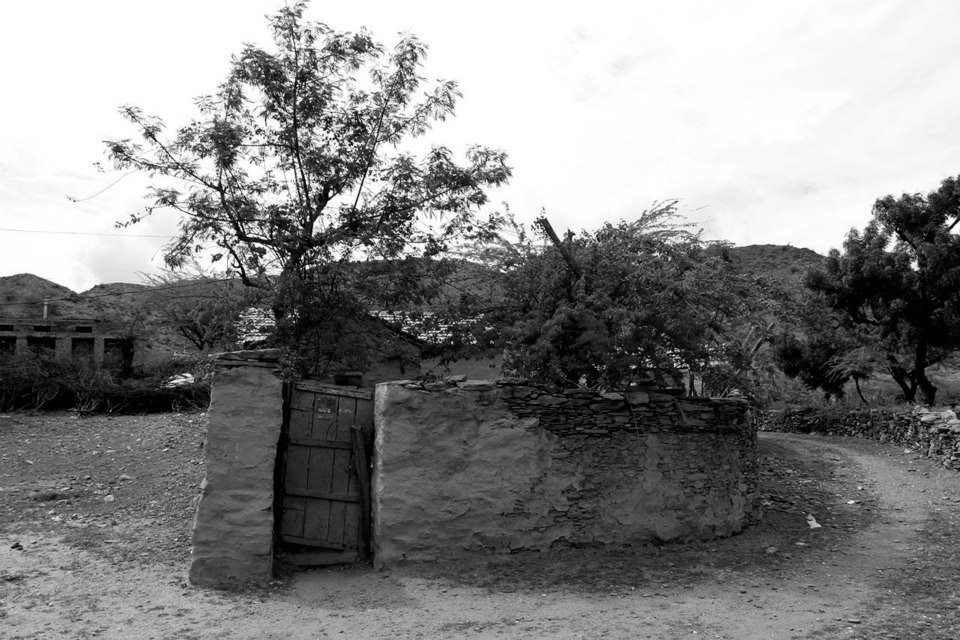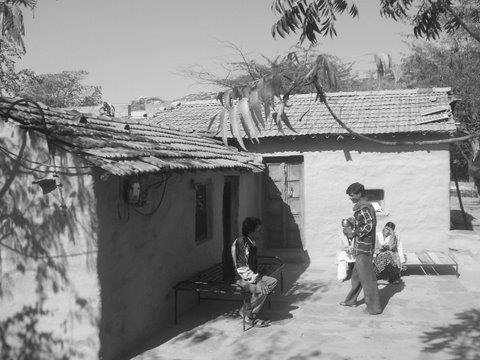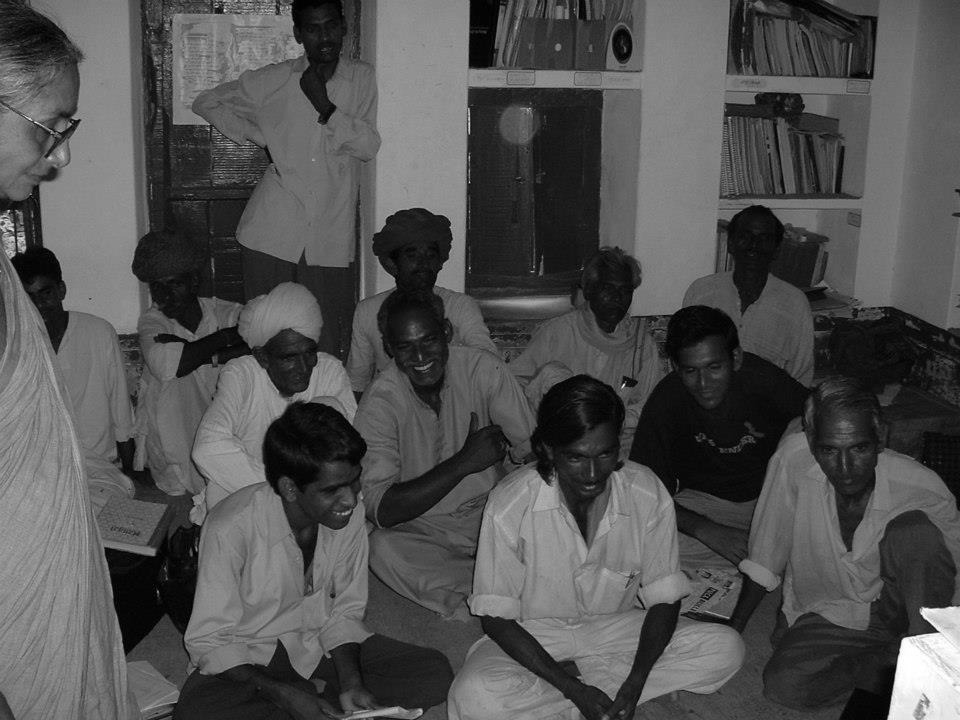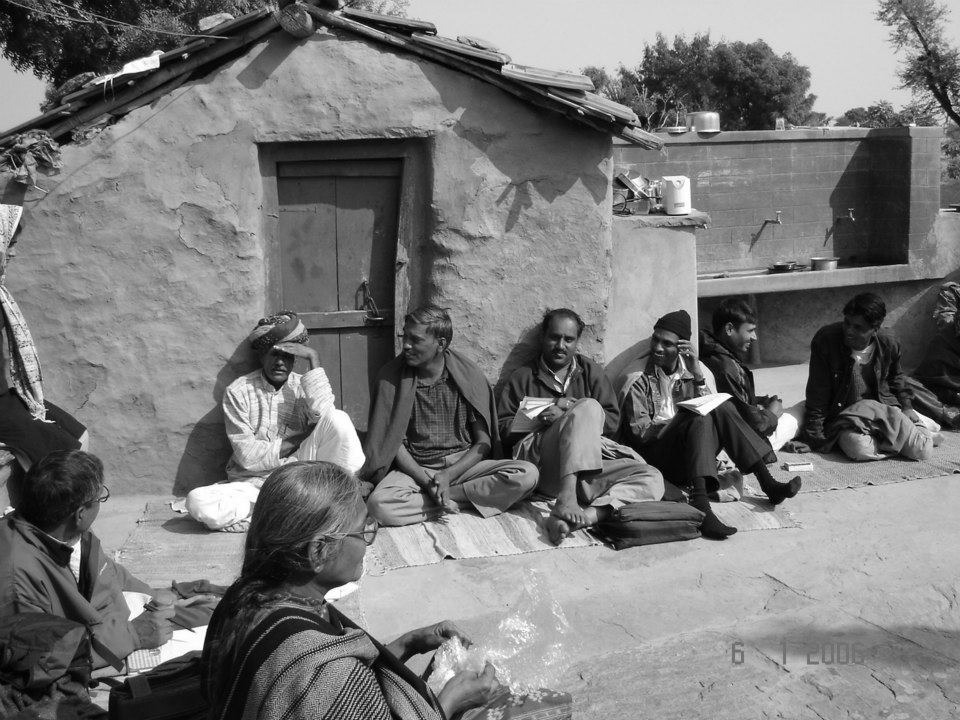
About Us
"It is a people's organization in India that works for the rights of laborers and farmers, advocating for transparency and accountability in governance."
1. Historical Context and Formation
The Mazdoor Kisan Shakti Sangathan (MKSS) was founded in 1990 in Devdungri, Rajasthan by Aruna Roy, Nikhil Dey, Shankar Singh, and local villagers as a grassroots response to wage theft, corruption in public works, and denial of legal entitlements to rural workers. Despite constitutional guarantees and welfare schemes, laborers and small farmers routinely faced underpayment, fake muster rolls, and opaque record-keeping that hid misuse of public funds. MKSS began with village-level mobilization for minimum wages, insisting that public money must be publicly accountable. This led to the innovation of Jan Sunwai (public hearings), where official documents were obtained, read aloud, and verified with the community to expose discrepancies. The approach combined Gandhian non-violence with constitutional rights and set the stage for a broader struggle for the Right to Information. From local campaigns, MKSS evolved into a national symbol of participatory democracy, shaping policies on transparency, social audits, and accountable governance.
- 1990: MKSS formally established in Devdungri, Rajasthan.
- 1991–1993: Village campaigns for legally mandated minimum wages and document access.
- 1994: First Jan Sunwai organized; public reading of records exposes corruption in public works.
- 1996: Statewide RTI mobilization in Rajasthan; demand for public access to records intensifies.
- 2000: Alliances broaden; MKSS methods inform national-level transparency advocacy.
- 2005: Right to Information Act enacted; MKSS’s campaigns and Jan Sunwai model widely credited.
2. Ideology and Philosophy
The ideology of MKSS is rooted in the belief that democracy must be built from the ground up. It combines Gandhian ideals of non-violence and decentralization with Ambedkarite thought that stresses equality, dignity, and constitutional safeguards. The organization also embraces socialist principles of economic justice and opposition to exploitation. This blend of ideas has created a philosophy where people are central to decision-making, transparency is seen as a basic right, and justice is not just legal but social and economic. MKSS emphasizes that true democracy is realized when citizens hold power to question the state directly.
3. The Right to Information (RTI) Movement
One of MKSS’s most important contributions is the Right to Information movement, which began with local struggles for wage transparency in rural Rajasthan. Through public hearings, villagers showed that access to government documents was vital for justice, as it exposed corruption and protected their livelihoods. The campaign gradually grew into a nationwide demand, bringing together diverse groups of activists, farmers, laborers, lawyers, and civil society organizations. This effort culminated in the enactment of the RTI Act in 2005, a landmark law that made India one of the first developing countries to guarantee legal access to information for citizens.
4. Key Campaigns and Theoretical Significance
Over time, MKSS initiated groundbreaking campaigns that reshaped accountability in India. The demand for minimum wages exposed how official records could be used as tools for empowerment. Jan Sunwais gave villagers the space to publicly question authorities and challenge corruption. The development of social audits transformed governance by enabling communities to check how public funds were spent. These campaigns were not only practical struggles but also theoretical contributions, highlighting that democracy works best when citizens directly monitor the state. The innovations of MKSS have since been adopted widely and serve as models for participatory governance around the world.
5. Theoretical Foundations and Concepts
The work of MKSS is guided by several important theoretical foundations. It is inspired by Amartya Sen’s concept of capabilities, which argues that freedom depends on access to opportunities and resources. The model of Jan Sunwais reflects Habermas’s idea of deliberative democracy, where open dialogue legitimizes decision-making. By centering villagers in decision processes, MKSS ensures subaltern participation, giving marginalized communities a real voice in governance. The principle of collective action also runs through its campaigns, demonstrating that local struggles, when sustained, can drive national reforms. These foundations reveal MKSS as both a practical movement and a theoretical innovator.




6. Achievements
MKSS has achieved remarkable success in shaping India’s democratic framework. Its most notable accomplishment is the passage of the Right to Information Act in 2005, a law that fundamentally changed how citizens interact with the state. Beyond this, MKSS pioneered the practice of social audits, which has since been institutionalized in major welfare programs like MGNREGA. These tools empowered citizens to monitor public spending and demand accountability from officials. The organization’s leaders, especially Aruna Roy, have received international recognition, including the Ramon Magsaysay Award. Together, these achievements reflect MKSS’s role in redefining democracy through people’s participation.
7. Impact and Legacy
The impact of MKSS extends far beyond Rajasthan, influencing both national and global discourses on democracy. Its work strengthened India’s legal framework for transparency, while its methods reshaped governance by institutionalizing citizen oversight. Academically, MKSS is studied as a model of participatory democracy, combining theory with practice in innovative ways. Internationally, the RTI movement inspired by MKSS has influenced similar campaigns in countries across Asia, Africa, and Latin America. For communities on the ground, MKSS remains a symbol of empowerment, proving that ordinary citizens, through collective voice and action, can hold powerful institutions accountable and transform society.